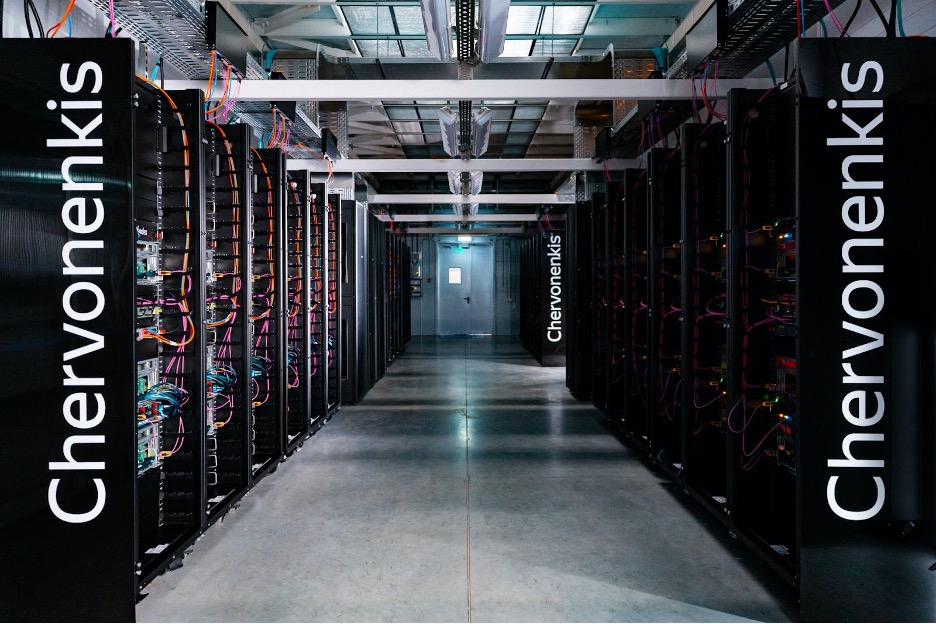Three Yandex supercomputers rank ahead of other entries from Russia and Eastern Europe in the TOP500 list, with the company’s most powerful supercomputer Chervonenkis ranking in the top 20 globally
Yandex’s most powerful supercomputer ranks 19th in the global TOP500, showing the best results for high-performance computing systems in Russia and Eastern Europe. Named after one of the greatest machine learning theorists, Alexey Chervonenkis, Yandex’s fastest supercomputer has 199 nodes and produces 21.53 petaflops, that is, 21.53 quadrillion floating-point operations per second.
The other two Yandex TOP500 entries, also named after Russia’s great contributors to computer science and machine learning, Alexander Galushkin and Alexey Lyapunov, ranked 36th and 40th, with 16.02 and 12.81 petaflops, respectively. These supercomputers are also second and third fastest in Russia.
Lyapunov was launched in December 2020, while Chervonenkis and Galushkin started operating in June 2021.
 The Chervonenkis supercomputer in Yandex’s Sasovo datacenter near Ryazan
The Chervonenkis supercomputer in Yandex’s Sasovo datacenter near Ryazan Yandex supercomputers are used for training neural network models with billions of parameters. Such models are so complex that to train them, a supercomputer must work at peak performance for days, and sometimes even weeks. Although they aren’t easy to train, these neural networks help Yandex offer life-improving products and services for its users. Neural networks trained on Yandex’s supercomputers enable more accurate and faster translation for text, image and video content on Yandex.Translate. Thanks to these networks, customers can see relevant ads served by Yandex.Direct. The YaLM language models, also powered by these supercomputers, are used for generating and ranking instant search results, as well as for supporting human-like conversational abilities of Yandex’s AI-based virtual assistant Alice.
The Chervonenkis and Lyapunov high-performance computing systems are located in Yandex’s data center in Sasovo, while the Galushkin supercomputer is in Vladimir. All the three Yandex supercomputers are based on AMD EPYC processors and NVIDIA A100 graphics accelerators.
Each system includes over a hundred servers, or nodes, connected by a high-speed Infiniband HDR network. The computing nodes in the Chervonenkis and Galushkin supercomputers feature an optimized heat removing system designed by Yandex to use less power for cooling the servers.
The TOP500 global supercomputer ranking has been published in June and November each year since 1993. The performance of supercomputers for this ranking is evaluated based on the results of the LINPACK test, which measures how fast a computer can solve a system of linear equations. The top spot in the November 2021 TOP500 belongs to Supercomputer Fugaku from Japan. Yandex debuts in the ranking in the top three places among Russia's only five entires in the top 100.